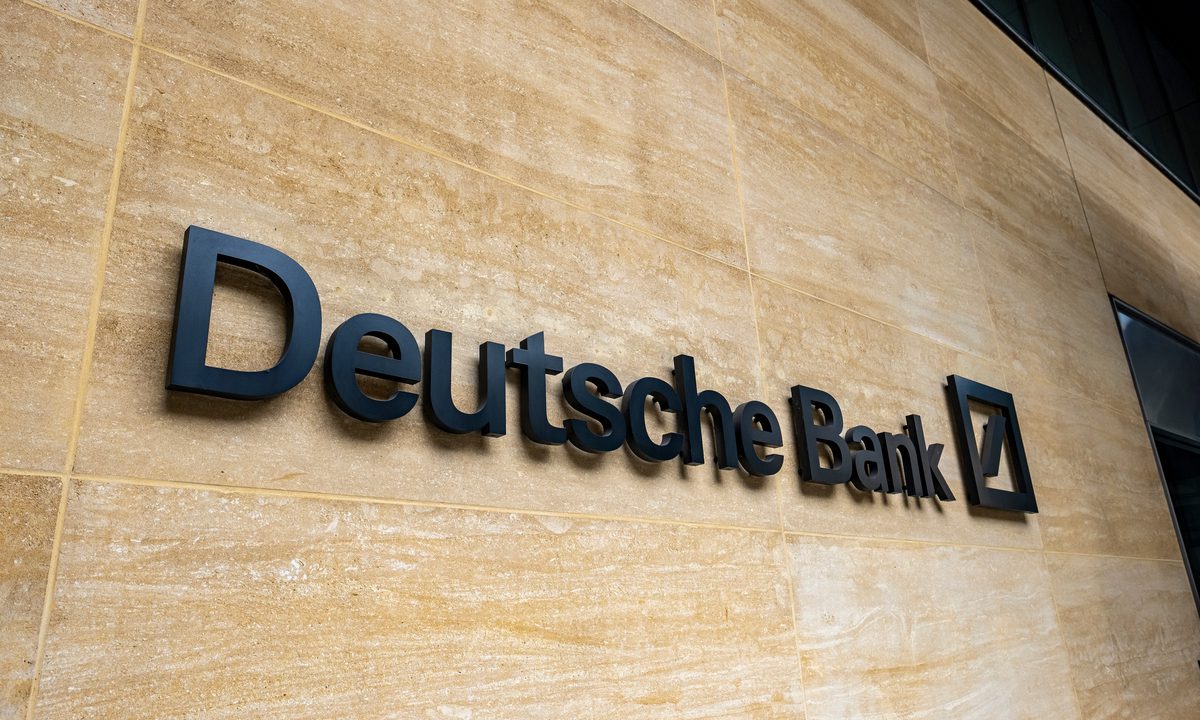
Deutsche Bank, UBS, and Credit Suisse Face Headwinds as European Markets Grapple with Economic Slowdown and Banking Crisis
Major Lenders Confront Escalating Challenges as Economic Pressures and Banking Sector Turmoil Intensify
European stock markets witnessed a decline on Friday due to concerns over slowing economic growth and the ongoing banking crisis. Germany's DAX index fell 1.3%, France's CAC 40 dropped 1.3%, and the UK's FTSE 100 fell 1.4%. Manufacturing sectors in Germany and France remained in contraction in March, though services showed improvement. UK retail sales unexpectedly rebounded by 1.2% in February, returning to pre-pandemic levels.
As Europe faces the fallout from the UBS-Credit Suisse tie-up, fears of slowing lending and its impact on economic activity are growing. Borrowing at the Federal Reserve's discount window was $110.2 billion as of Wednesday, with lending from the Fed's new Bank Term Funding Program at $53.7 billion and loans to foreign central banks surging to $60 billion.
Central banks continue to clamp down on inflation, with the Federal Reserve, the Bank of England, and the Swiss National Bank hiking rates this week, following last week's European Central Bank increase. Citigroup has cut its target for the Stoxx 600 index, predicting it to end the year at 445 points, down from a 475-point forecast issued last month. The banking giant expects company earnings to contract 5% to 10% this year.
Deutsche Bank stock dropped over 8% following a sharp increase in the cost of insuring against default risk, while UBS stock fell over 6% after acquiring troubled rival Credit Suisse. German-based tour operator Tui's stock fell over 6% after launching a discounted rights issue to repay pandemic-era government aid. Meanwhile, UK pub group J D Wetherspoon's stock rose over 7% as it posted higher-than-expected sales in its first half.
Oil prices fell on Friday after US officials expressed caution over the time needed to refill the country's Strategic Petroleum Reserve, which is at a near 50-year low. US crude futures traded 1.2% lower at $69.10 a barrel, while the Brent contract climbed 1.1% to $75.05. Both crude benchmarks are still on track for a weekly gain of about 3%-4%.
Read More
-
GPIQ ETF Price Forecast: Can a 10% Yield at $52 Survive the Next Nasdaq Selloff?
09.02.2026 · TradingNEWS ArchiveStocks
-
XRP ETF Price Forecast: XRPI at $8.32, XRPR at $11.86 as $44.95M Inflows Defy BTC and ETH Outflows
09.02.2026 · TradingNEWS ArchiveCrypto
-
Natural Gas Futures Price Forecast: Will The $3.00 Floor Hold After The $7 Winter Spike?
09.02.2026 · TradingNEWS ArchiveCommodities
-
Stock Market Today: Dow Back Under 50K While S&P 500 and Nasdaq Push Higher as Gold Reclaims $5,000
09.02.2026 · TradingNEWS ArchiveMarkets
-
USD/JPY Price Forecast: Can Bulls Clear 157.5 Without Triggering a 160 Intervention Line?
09.02.2026 · TradingNEWS ArchiveForex


















